[Editorial] 19 of the Most Comforting Horror Films for Mental Health
It was during Mental Health Awareness Week that one thing became absolutely clear; horror films have provided comfort for horror fans when dealing with their mental health. It seems a strange concept, but when you talk to horror fans and how these films brought them comfort in times of trouble, everything makes sense. Horror is the one genre that allows the audience to confront traumatic events within a safe space. The removal of actual harm gives the viewer a way to process emotions such as grief and trauma, which can be a highly cathartic experience.
What was even more interesting, was that many horror fans cited similar films that had been a support for their mental health. Although finding comfort through horror is a deeply personal and subjective thing, there were particular horror films that stood out against the rest; really resonating with the community and giving them the comfort they needed. Even though the awareness week is over, that doesn’t mean that we should stop discussing mental health and the benefits of horror as an outlet - quite the opposite.
So, we’ve rounded up 19 of the most mentioned comforting horror films from horror fans so that you too can find comfort in the macabre.
19. Doctor Sleep
Following on from Kubrick’s incredible adaptation of Stephen King’s The Shining, we were given another adaptation with Mike Flanagan’s 2019 release Doctor Sleep. With Danny all grown-up we watch as other children with the ‘shining’ are hunted and slaughtered for their gift. Distressing at times, but also an example of childhood trauma coming back to haunt us as adults which allows the viewer to resonate with Danny’s character.
18. Midsommar
Time and time again we see Ari Aster’s Midsommar mentioned as an outlet to process trauma and loss. Horror films are often cascaded in darkness, with the depths of noir consuming the viewer but Midsommar bathes the viewer in sunlight and flowers whilst still delivering on terror. From the very beginning of the film there is an overwhelming portrayal of devastating loss, alongside depictions of gaslighting, manipulation and deceit. It can be an uncomfortable film to watch in places, but many horror fans mentioned Midsommar as a film that allows them to confront their emotions.
17. The Witch
Robert Egger’s folk horror tale The Witch gives the audience a look at coming to terms with who you really are, and allowing the darkness in. It might not seem the most positive film on the outside, yet The Witch explores coming-of-age and how as a young woman, sometimes we go towards the darkness. Haunting but also strangely comforting in its own right.
16. The Invisible Man
Leigh Whannell took the classic invisible man tale and turned it into a telling story about domestic abuse and the struggles women face when trying to escape. Although frightening as a straight-up horror film, this one also can be quite triggering when facing the emotional blackmail, and constant abuse. Yet watching Cecilia (Elisabeth Moss) fight against her abuser and never give up, sends a powerful message.
15. Lake Mungo
This Australian indie horror film from Joel Anderson not only provides the viewer with one of the most chilling found footage films, but also a look into the discovery of one’s self. It is hard to detail too much about why some viewers might find catharsis in Lake Mungo without giving too much away, but it gets very dark in places.
14. Hereditary
It comes as no surprise that Ari Aster’s first feature film Hereditary came up time and time again when mentioned as a confronting horror film. After the death of her mother, Annie’s (Toni Collette) world starts to perish into obscurity as her family begins to crumble around her. This isn’t a light film, and for anyone that has ancestral trauma and a history of complicated familial relationships, this one can really help to confront those aspects.
13. Citadel
This horror film plays on the more psychological aspects, but once again looks at an outside threat towards the family of one man. Ciaran Foy’s 2012 film Citadel looks at the devastating effects of losing a partner, and how coping with grief as a widower whilst also bringing up a young child is horrifically painful. The presentation of this film is beautifully macabre, but really visualises the feelings of grief.
12. Final Destination
When this film was first mentioned, there was some confusion, however after hearing some horror fans describe why this one is comforting, it all made sense. In James Wong’s Final Destination (and further films in the franchise) a group of friends come up against death as they try to outrun the inevitable after a premonition saves their lives. So many horror fans mentioned that a film like this helps them to cope with life being unpredictable and finding themselves out of control in many situations.
11. Black Swan
So many of the films on this list can be read completely differently for different viewers, with Darren Aronofsky’s Black Swan being one of those. Nina is a ballerina who begins to lose her grip on reality when Lily, her shadow, gets pushed to take her part. Some audience members mentioned it looking at borderline personality disorder whilst others mentioned imposter syndrome; it’s an upsetting film that really makes you look beyond the surface.
10. The Thing
Having John Carpenter’s 1982 science fiction horror The Thing on the list seemed like a strange choice, but so many people from the horror community mentioned this one. When an alien species begins to inhibit the bodies’ of a crew out in Antarctica, truth and lies begin to seep in, and the crew must fight for their lives. The Thing is a great example of alienation and othering; allowing the audience to explore a sense of feeling outside to everyone else.
9. Paranormal Activity
When exploring this topic, one thing that came up time and time again were films that subtly look at domestic abuse and the ways that could manifest itself. In Oren Peli’s 2007 supernatural film Paranormal Activity we watch as one couple come up against a demon that is terrorising Katie, whilst her husband just tries to capture it on film. When looking at this film from a critical lens, it’s clear the film looks at domestic abuse.
8. The Invitation
As adults we often think that leaving the past behind for a new life is going to be a simple feat, but more times than not it’s a more complicated process. Karyn Kasuma’s psychological horror film The Invitation looks at how confronting the past can be painful to approach, however, can often end in seeing the truth for what it really is.
7. Tigers Are Not Afraid
Issa Lopez, director of Tigers Are Not Afraid has spoken about how the film is about parental loss, specifically the loss of a mother. The film portrays a gang of young children in Mexico who have become orphans after losing their parent(s) to gang wars. Stunning and melancholy, and also frightening in places, it is a beautiful depiction of the support needed and found after losing a mother.
6. The Shining
Stanley Kubrick’s stunning masterpiece, The Shining, is often remembered for its harrowing depiction of insanity and the frightening realms of a haunted building. But The Shining is also about the horrors of abusive behaviour, drinking problems and a family destroyed by one man’s actions - Jack Torrance. Many men mentioned resonating with this film and finding a comfort in it.
5. Silent Hill
Another adaptation but this time taking the disturbing game and transforming it to screen in Christophe Gans’ 2006 film Silent Hill. Describing this film and the game for that matter of fact is no easy task - the landscape is built like a waking nightmare with no logic and no escape, but beneath the body horror hell, there lies a deeper story. Many viewers mentioned reading this as a way to look at the loss of a child, and coping with trauma after a horrific accident.
4. Relic
Another film much in the same tone of Hereditary is Natalie Erika James’ 2020 film Relic. When her mother goes missing, Kay and her daughter Sam, go looking to find Edna, only for her to return with a peculiar ominous air about her. The film looks at degenerative diseases and the impact coping with a hereditary illness can have on the generations to come.
3.The Poughkeepsie Tapes
If you haven’t heard of John Erick Dowdle’s mockumentary The Poughkeepsie Tapes then proceed with caution before finding out whether it might provide a comforting confrontation. Although not the most extreme for fans of the darker depths, it is controversial in its portrayal of torture, rape and manipulation which can be triggering for some viewers. However, this film was mentioned as one that helped many sexual assault survivors.
2. Martyrs
Could Pascal Laugier’s New French Extremity film Martyrs be the most accurate depictions of trauma? Potentially yes. Martyrs looks at early child abuse and how that has a severe effect on Lucie, pushing her to seek revenge years later. But it isn’t through Lucie that we see the most suffering, this comes from her best friend Anna, who ends up being nihilistically beaten repeatedly in order to reach enlightenment. This is a tough watch, but for many horror fans it provides an outlet for suffering and pain.
1. The Babadook
After asking the question about mental health and horror, there was one film which was mentioned above all else. That was Jennifer Kent’s traumatic The Babadook, which in recent years has become a staple piece in modern horror cinema. Amelia (Essie Davis) is left alone after losing her husband, bringing up her young son who is convinced there is a monster lurking in the house. From all the films, this was the one that the horror community regarded exceptionally highly when it comes to coping with grief, loss, confusion, being a parent and feeling completely alone and isolated.
Sometimes it is within fear and confrontation that we can find comfort - most of us find comfort in horror because it is the safe space we have that allows us to process difficult emotions and past traumas. If you want to hear from more horror fans on why they find horror films comforting, you can have a watch of our panel discussion on the topic.


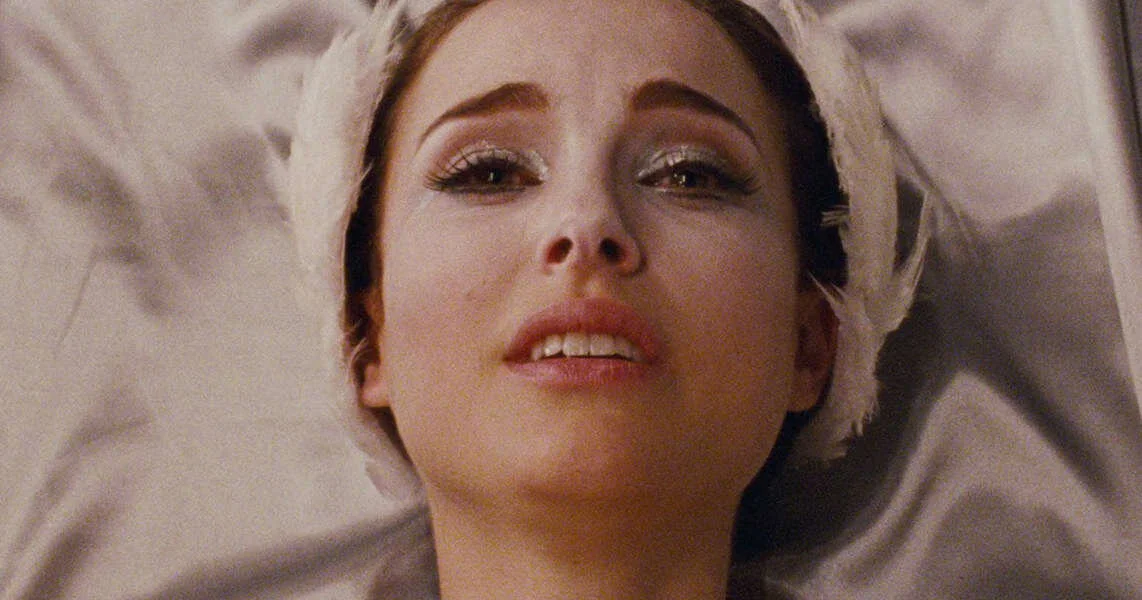


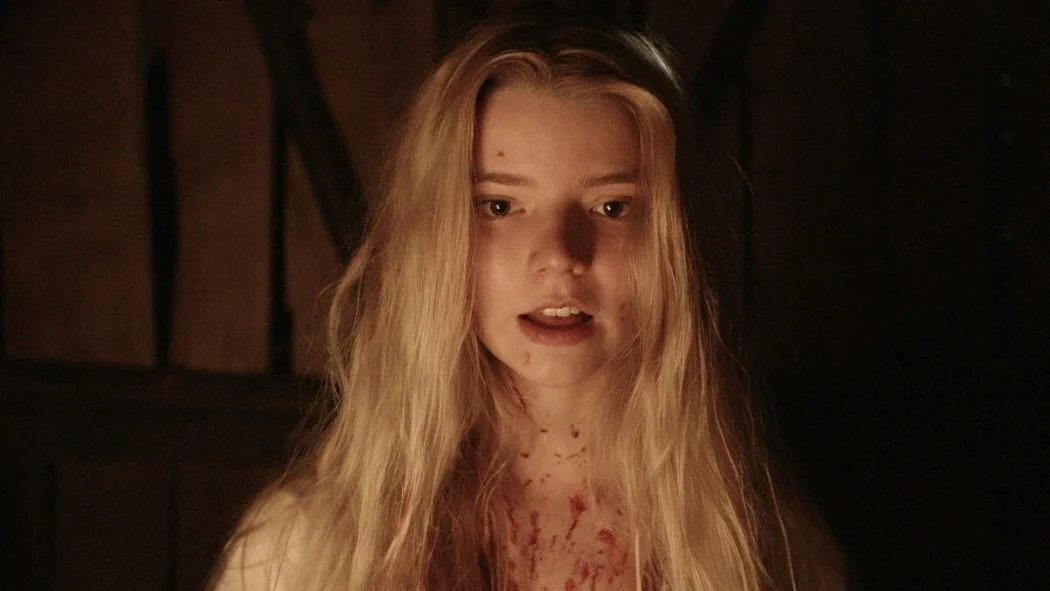

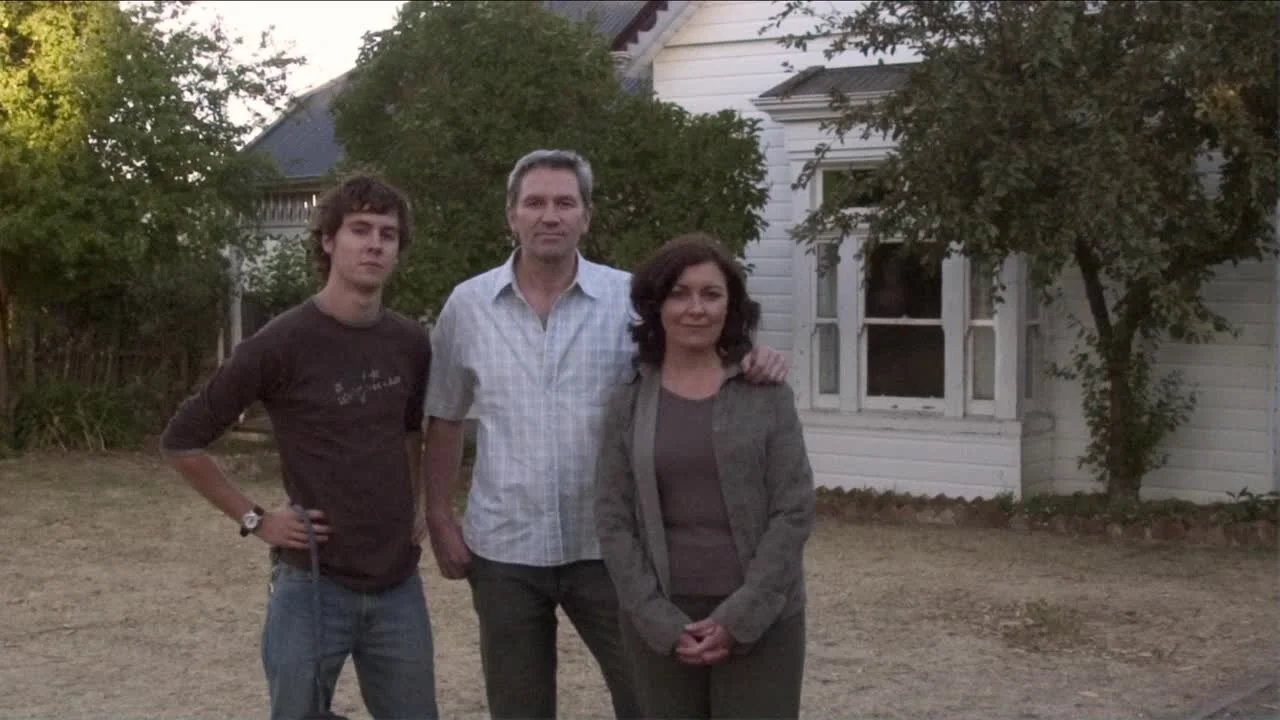
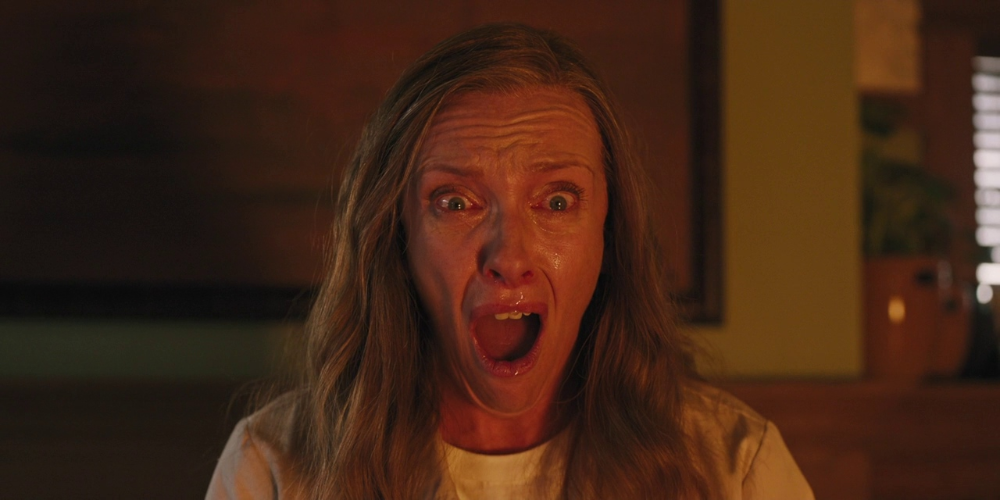

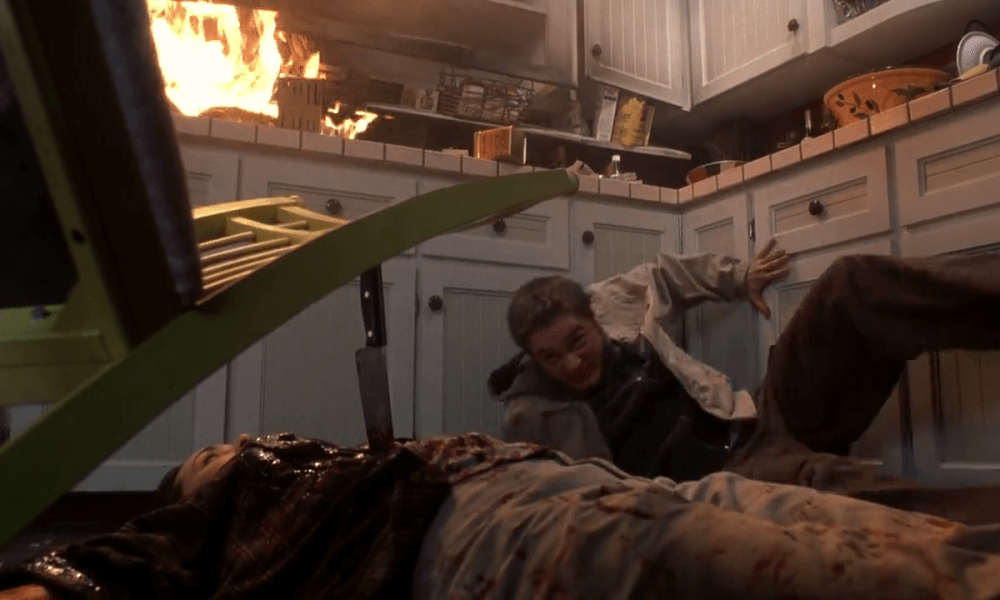
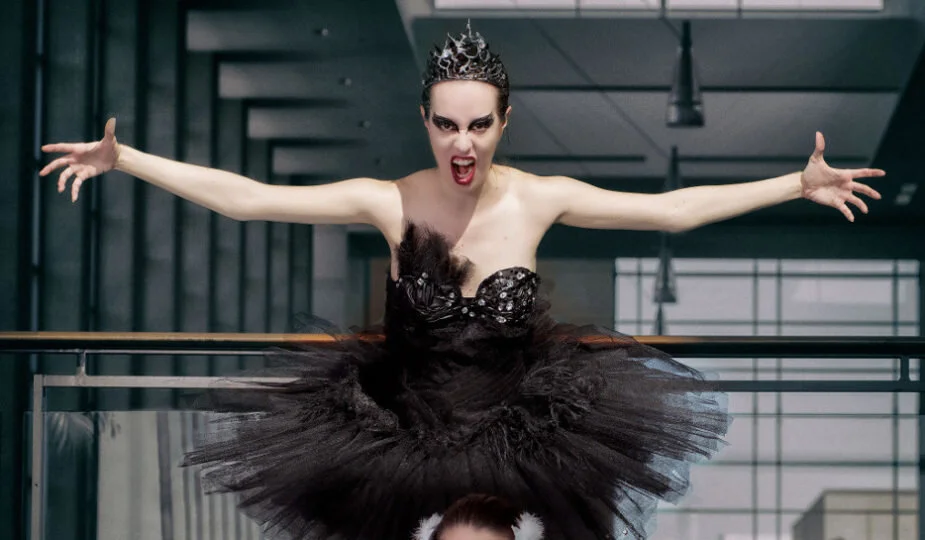
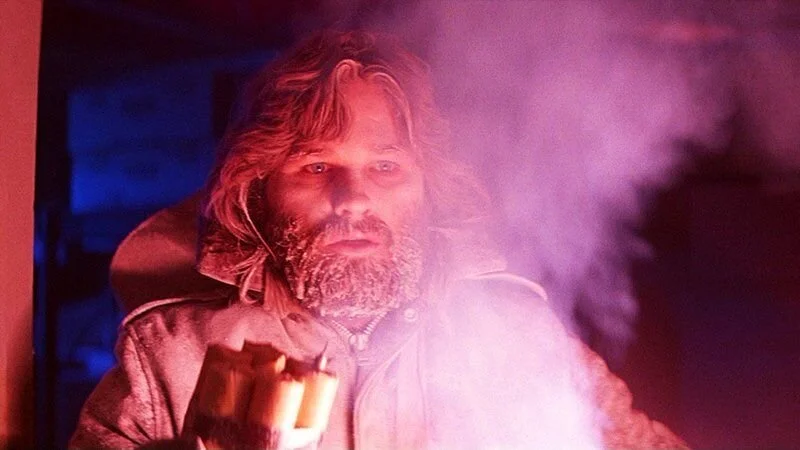
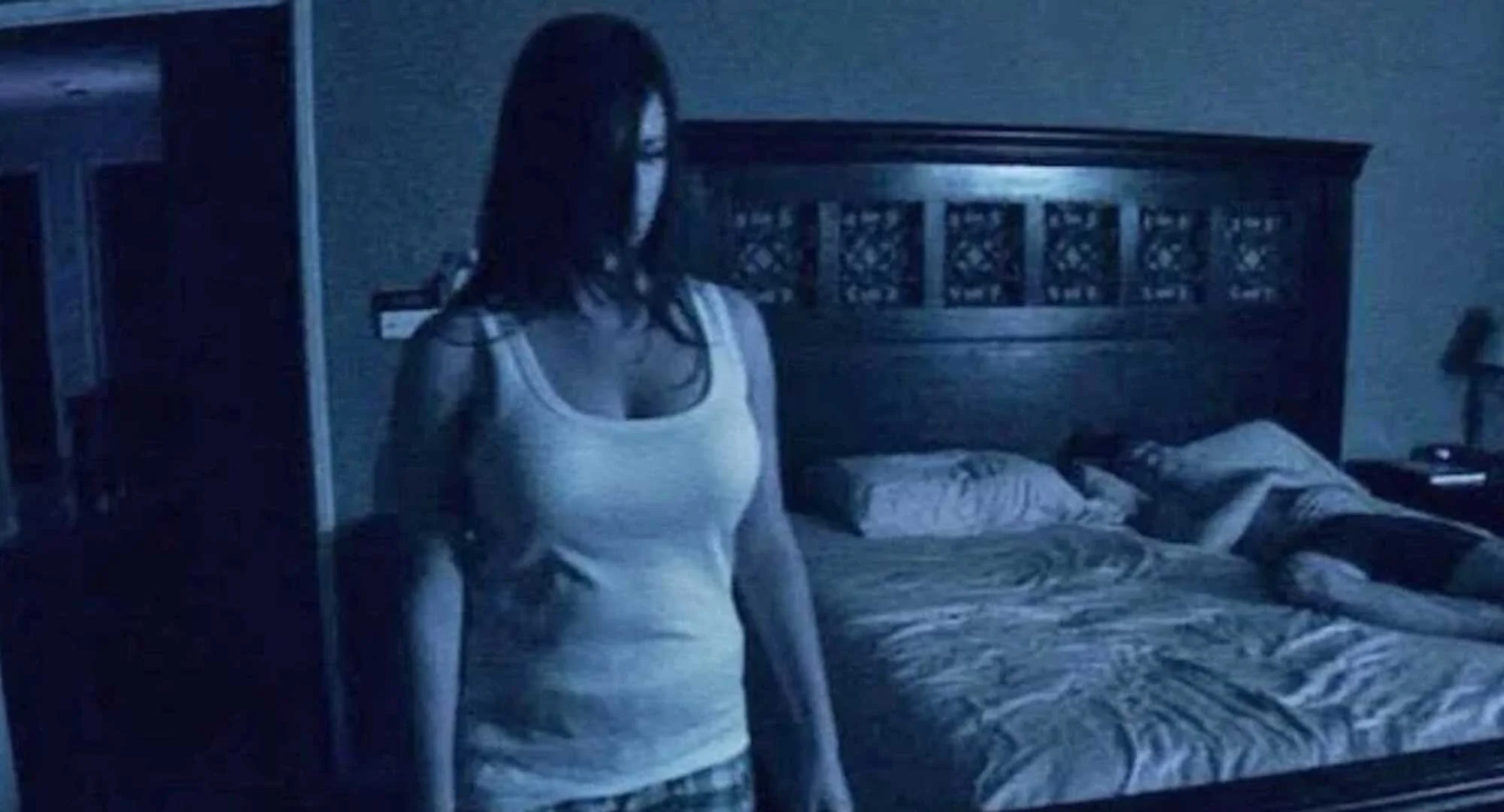
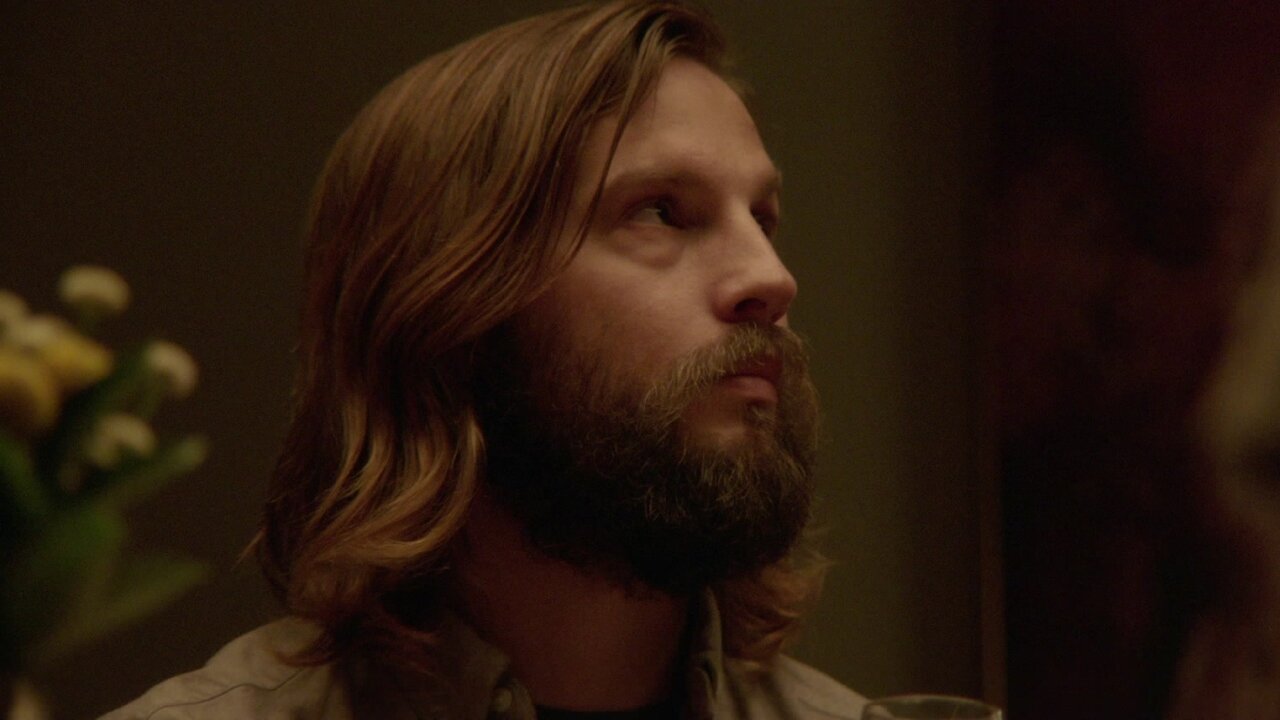
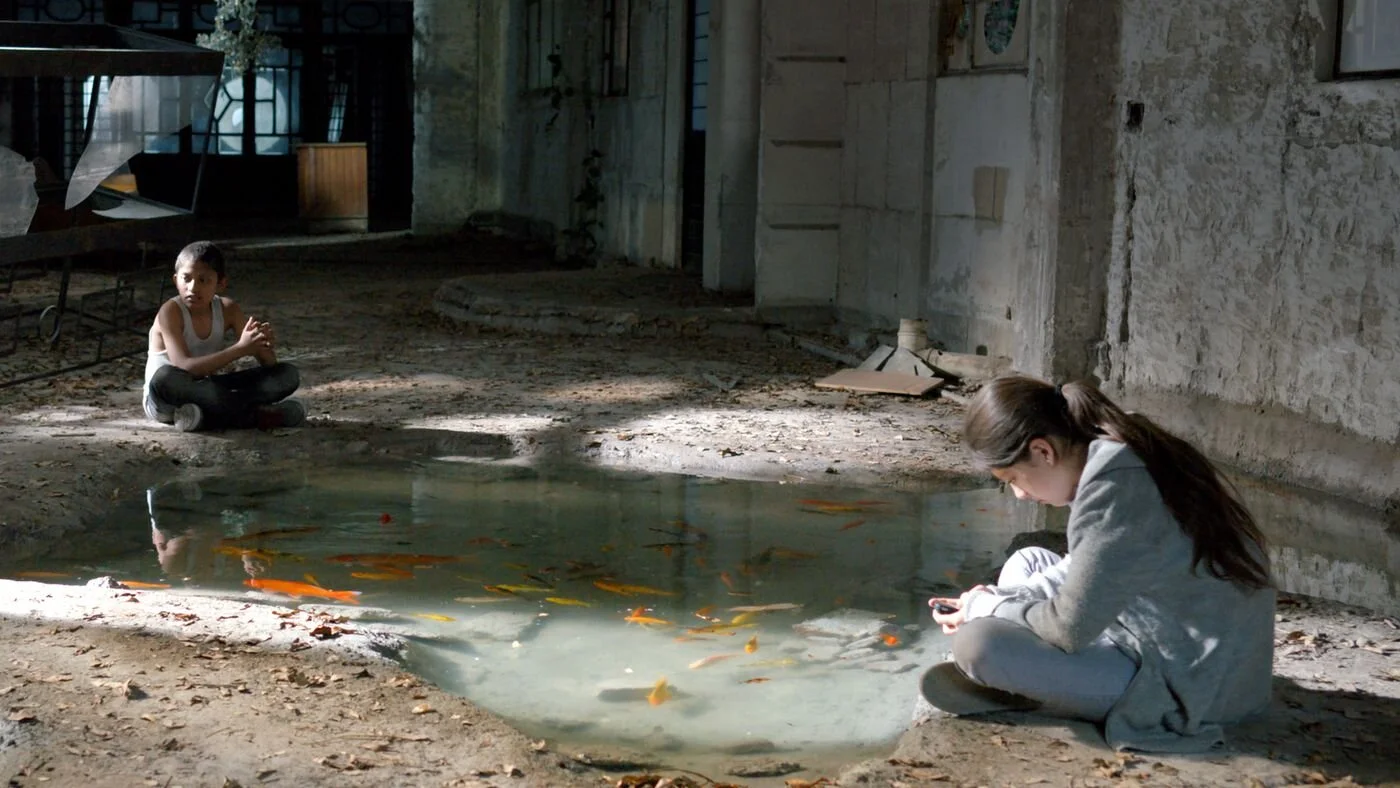
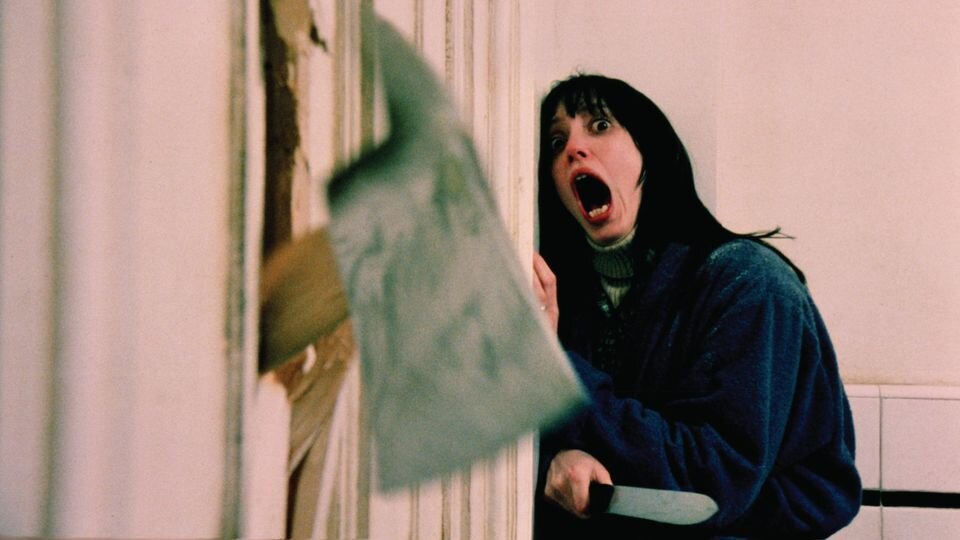
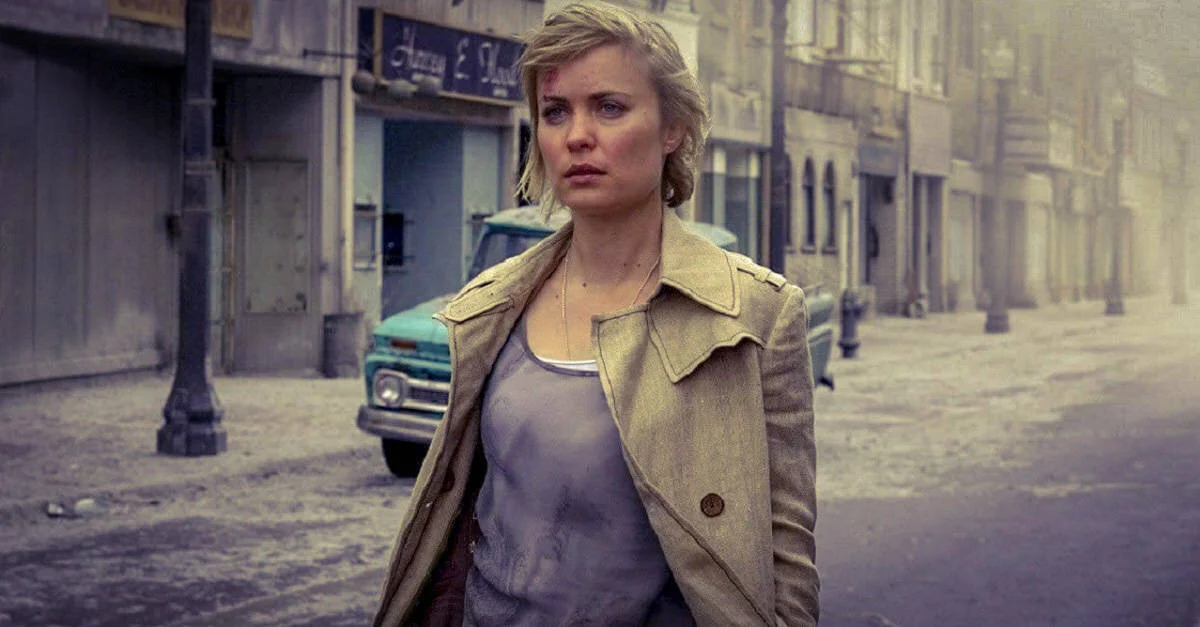
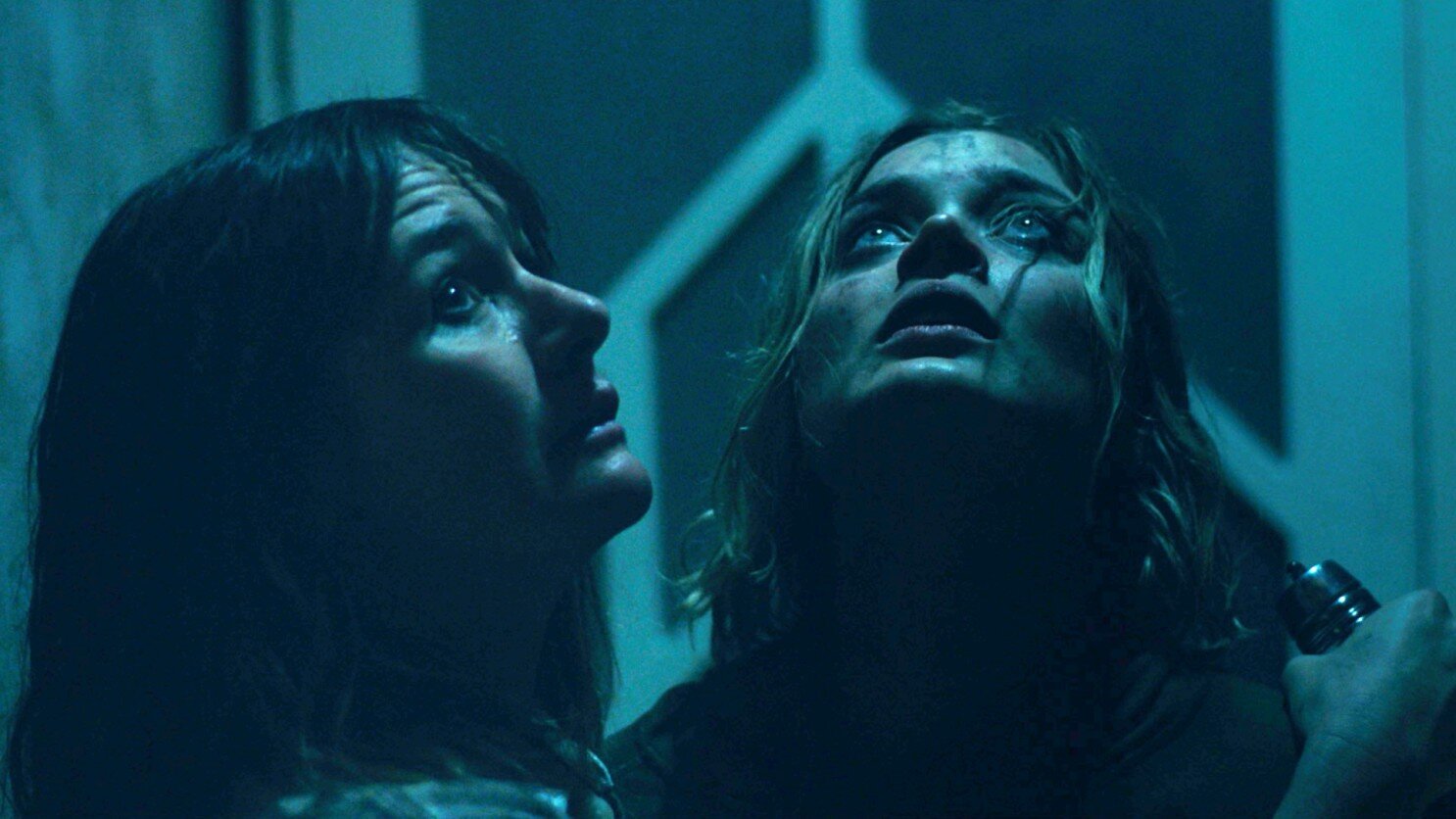
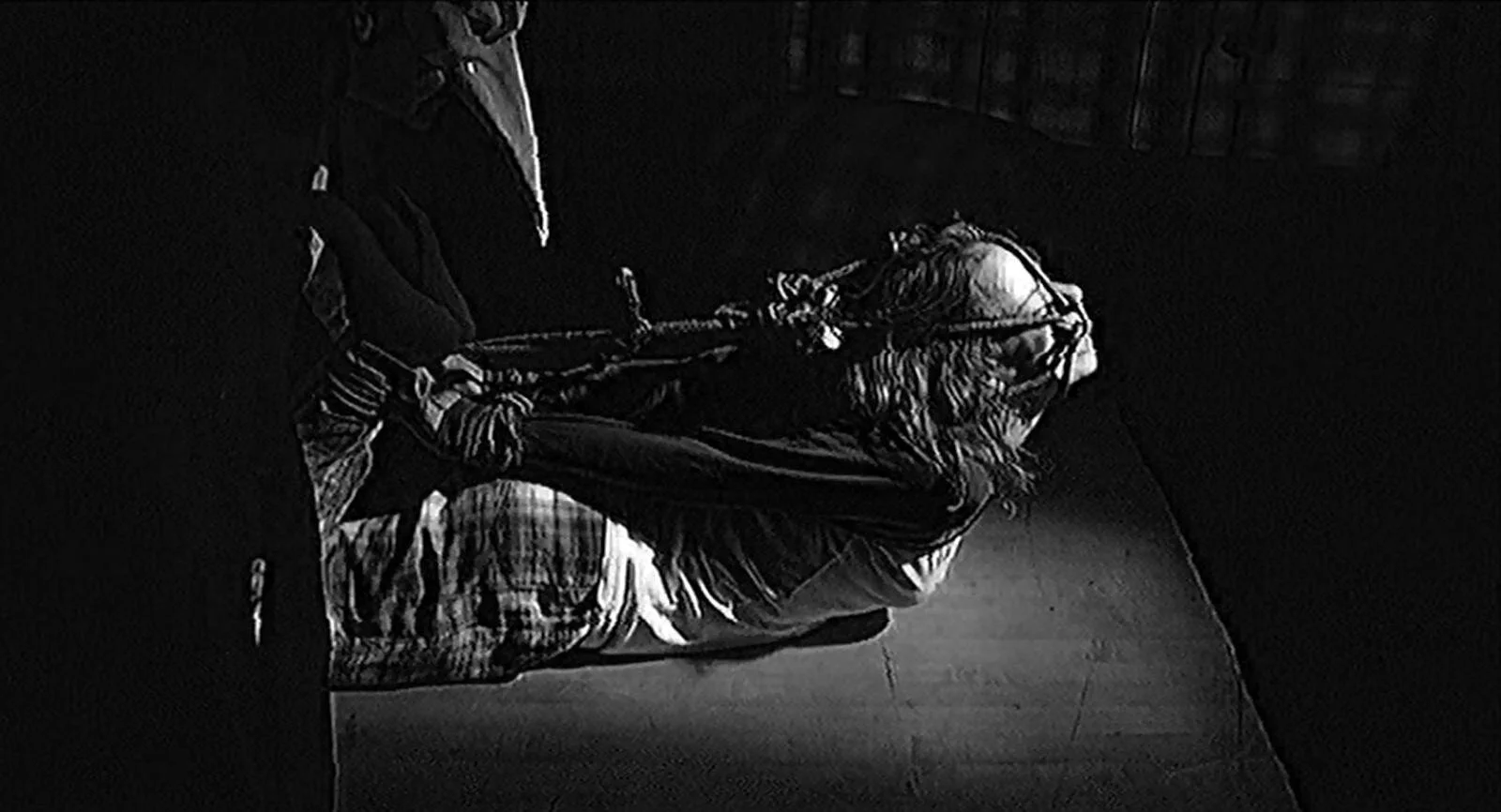
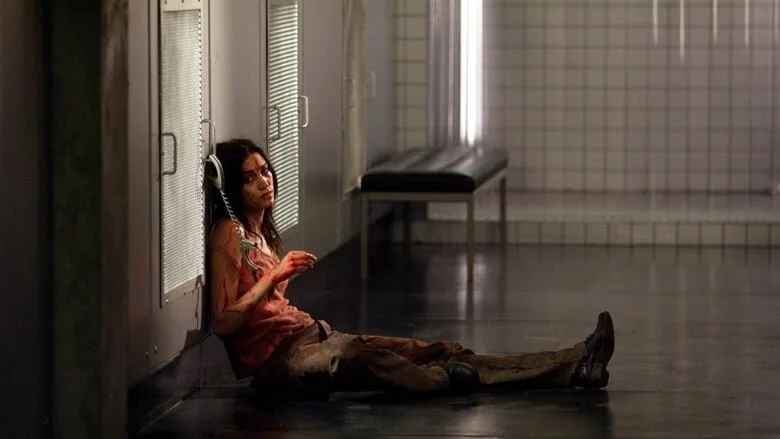
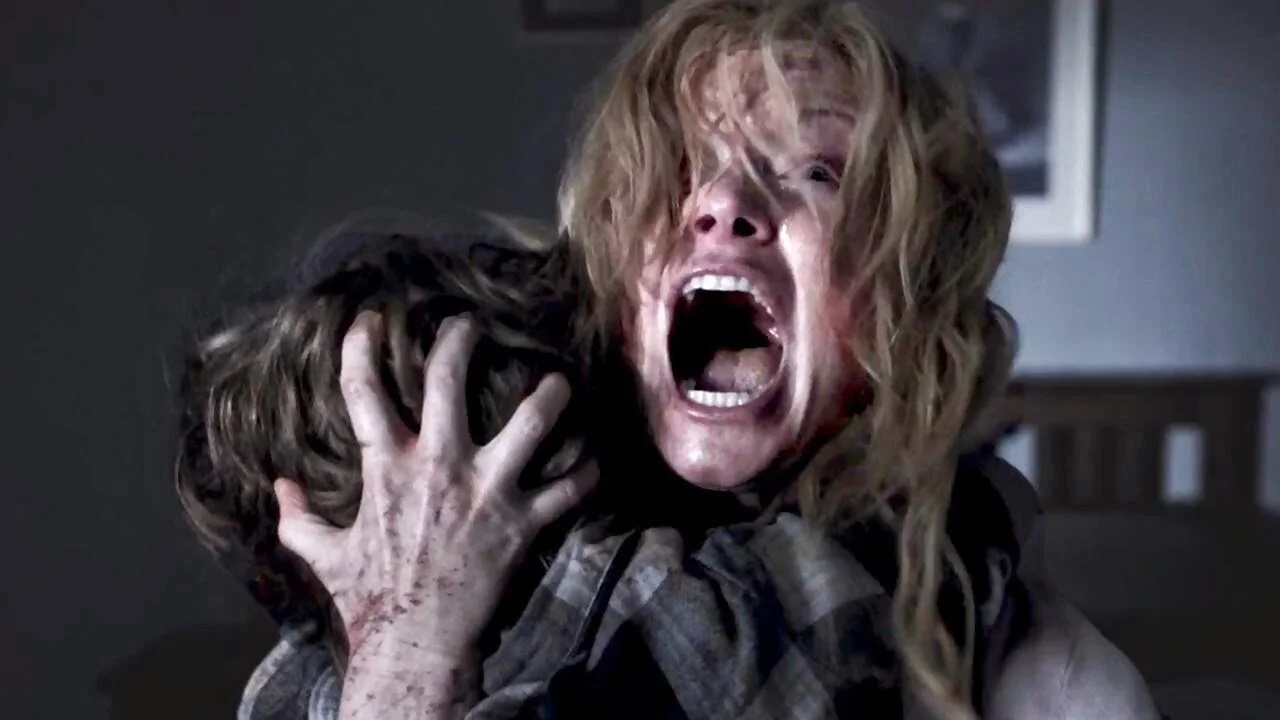
![[Editorial] 5 Slasher Short Horror Films](https://images.squarespace-cdn.com/content/v1/5fe76a518d20536a3fbd7246/1696358009946-N8MEV989O1PAHUYYMAWK/Screenshot+2023-10-03+at+19.33.19.png)
![[Ghouls Podcast] Maniac (2012) with Zoë Rose Smith and Iona Smith](https://images.squarespace-cdn.com/content/v1/5fe76a518d20536a3fbd7246/1696356006789-NYTG9N3IXCW9ZTIJPLX2/maniac.jpg)
![[Editorial] If Looks Could Kill: Tom Savini’s Practical Effects in Maniac (1980)](https://images.squarespace-cdn.com/content/v1/5fe76a518d20536a3fbd7246/1694952175495-WTKWRE3TYDARDJCJBO9V/Screenshot+2023-09-17+at+12.57.55.png)
![[Editorial] Deeper Cuts: 13 Non-Typical Slashers](https://images.squarespace-cdn.com/content/v1/5fe76a518d20536a3fbd7246/1694951568990-C37K3Z3TZ5SZFIF7GCGY/Curtains-1983-Lesleh-Donaldson.jpg)
![[Editorial] Editor’s Note: Making a slash back into September](https://images.squarespace-cdn.com/content/v1/5fe76a518d20536a3fbd7246/1694354202849-UZE538XIF4KW0KHCNTWS/MV5BMTk0NTk2Mzg1Ml5BMl5BanBnXkFtZTcwMDU2NTA4Nw%40%40._V1_.jpg)
![[Editorial] 8 Mind Horror Short films](https://images.squarespace-cdn.com/content/v1/5fe76a518d20536a3fbd7246/1693504844681-VPU4QKVYC159AA81EPOW/Screenshot+2023-08-31+at+19.00.36.png)
![[Editorial] Eat Shit and Die: Watching The Human Centipede (2009) in Post-Roe America ](https://images.squarespace-cdn.com/content/v1/5fe76a518d20536a3fbd7246/1691245606758-4W9NZWE9VZPRV697KH5U/human_centipede_first_sequence.original.jpg)
![[Editorial] Top 15 Female-Focused Mind Horror Films](https://images.squarespace-cdn.com/content/v1/5fe76a518d20536a3fbd7246/1691247166903-S47IBEG7M69QXXGDCJBO/Image+5.jpg)
![[Editorial] 8 Body Horror Short films](https://images.squarespace-cdn.com/content/v1/5fe76a518d20536a3fbd7246/1690838270920-HWA5RSA57QYXJ5Y8RT2X/Screenshot+2023-07-31+at+22.16.28.png)













I can sometimes go months without having a panic attack. Unfortunately, this means that when they do happen, they often feel like they come out of nowhere. They can come on so fast and hard it’s like being hit by a bus, my breath escapes my body, and I can’t get it back.